‘Free speech’: Meta ends fact-checking on Facebook, Instagram
Mark Zuckerberg’s pivot comes as he looks to align himself with the incoming Trump administration, and after the President-elect’s ally Dana White was named a director of the Meta board.
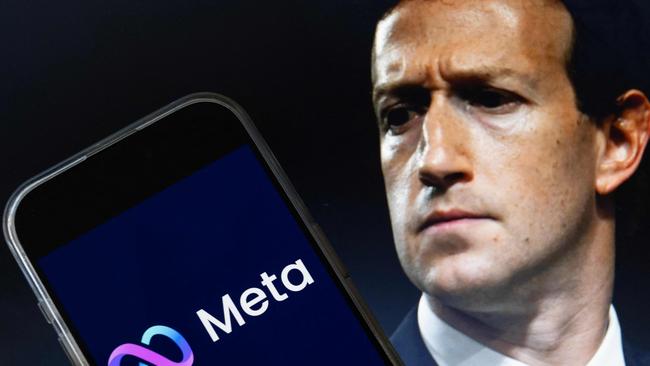
Meta Platforms will end fact-checking across all platforms, CEO Mark Zuckerberg announced on Tuesday.
The fact-checking program, which began in December 2016, will be replaced on Facebook, Instagram and Threads by a “Community Notes” feature.
Zuckerberg likened the new system to what can be found on X, where users can add context to posts and vote on whether the information is helpful.
“Governments and legacy media have pushed to censor more and more,” Zuckerberg said in a video, claiming the move would prioritise free speech.

“We’re going to get back to our roots and focus on reducing mistakes, simplifying our policies and restoring free expression on our platforms, ” Zuckerberg added.
He said Meta is getting rid of fact-checkers and, starting in the US, replacing them with a so-called Community Notes system similar to Elon Musk’s on the X platform, in which users flag posts they think need more context.
While Meta will continue to target illegal behaviour, Zuckerberg wrote in a separate Threads post it will stop enforcing content rules about immigration and gender that are “out of touch with mainstream discourse”.
Zuckerberg’s plan is likely to reshape the experience of billions of people who use Meta’s platforms. It steers sharply away from efforts started years ago in response to complaints from users, advertisers and politicians that abusive and deceptive content had run amok on Meta’s suite of apps.
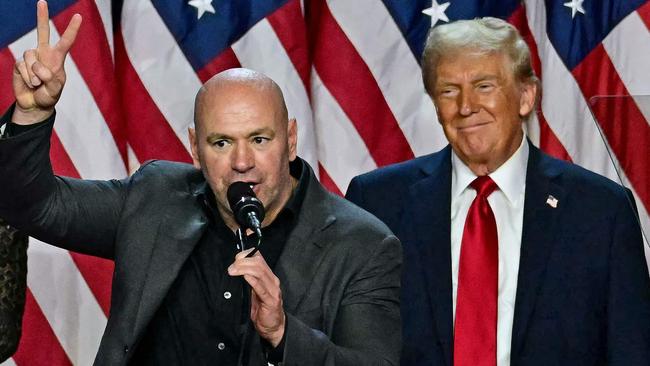
The effort to rein in such speech sparked its own backlash from people – especially conservatives – who said it often strayed into censorship.
The pivot comes as Zuckerberg has looked to align himself and his company with the incoming Trump administration. The Meta CEO has had a sometimes strained relationship with Trump, which descended into open acrimony after Meta suspended Trump’s accounts in the wake of the January 6, 2021 invasion of the US Capitol by Trump supporters.
This past summer, Trump suggested Zuckerberg might be imprisoned if he perceived Meta to be disrupting the US election.
But Zuckerberg has been working to regain good relations with the right. In August, he sent a letter to Republican congressman Jim Jordan saying that President Biden’s White House was wrong to pressure Facebook to censor content in 2021 related to the Covid-19 pandemic and that Meta wouldn’t comply with such efforts in the future.
The day before Thanksgiving, the billionaire CEO dined with Donald Trump at the president-elect’s Mar-a-Lago club and gifted him a pair of Meta Ray-Ban smart glasses. Meta has since donated $1 million to Trump’s inaugural fund.
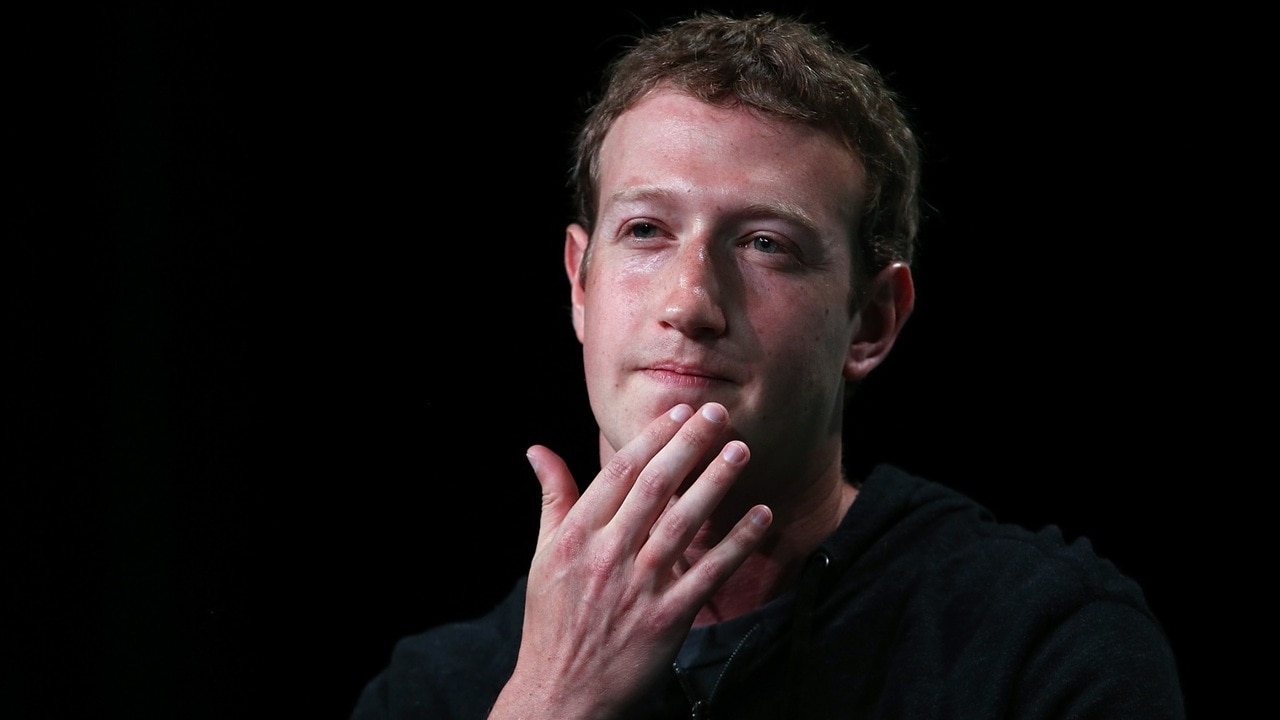
Last week, Meta installed Joel Kaplan, as global policy chief executive, elevating a former aide to President George W. Bush who has been with Meta since 2011 and served as its conduit to conservatives. And Monday it named to its board of directors UFC President Dana White, a staunch ally of Trump.
Other companies and tech leaders have been cosying up to the incoming administration. Amazon.com and Uber Technologies as well as OpenAI CEO Sam Altman have announced similar donations to the president-elect’s inaugural fund.
Meta’s decision to remove restrictions on certain types of speech echoes the approach taken by Musk after he bought X, then called Twitter, in 2022. Under Community Notes, added context is appended to a post if enough users with a history of differing views agree that it is inaccurate or otherwise needs further information.
“This is cool,” Musk tweeted about Zuckerberg’s announcement. “Honestly I think they’ve come a long way,” Trump said about Meta and its policy changes at a news conference on Tuesday.
Asked whether he thought Zuckerberg was responding to Trump’s threats, Trump said “probably”.
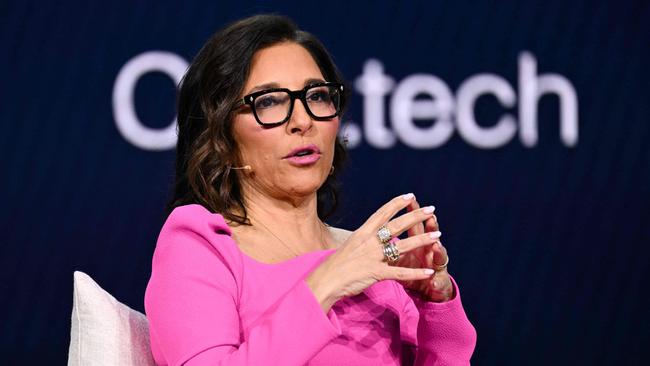
Zuckerberg’s embrace of the Musk tool is itself extraordinary, given the public feud between the two tycoons, who tentatively agreed in summer 2023 to fight each other in a cage match. That never happened, and their ties, too, appear to have improved of late. Meta last month sent a letter to California’s attorney general siding with Musk in his battle to try to stop OpenAI from becoming a for-profit entity.
Musk, who has become the CEO closest to Trump and was a top financial backer during the campaign, has positioned himself as a champion of free speech. Musk has criticised Zuckerberg’s platforms for removing content seen to violate its community standards.
Musk’s moves to scale back content moderation on X have alienated many advertisers. But Meta is a much bigger and more important platform for marketers, and it has weathered controversies over content.
Several major ad buyers said Tuesday that they aren’t planning to curb spending because of the changes because Meta’s ads offer a return on investment that they can’t turn down. Meta also benefits from an enormous client base that includes a huge population of small businesses less sensitive to content-moderation controversies than major brands.
Still, many criticised Zuckerberg’s decision as driven by politics as well as profits, given the sizeable cost that content moderation entails.
“It is mind blowing how one of the most profitable companies in the world, operating with such sophisticated technology, is taking significant steps back,” said Jonathan Greenblatt, CEO of the Anti-Defamation League, which works to combat anti-Semitism. “The only winner here is Meta’s bottom line.” Gordon Pennycook, an associate professor of psychology at Cornell University who has studied crowdsourced fact-checking, said such tools work best when supplementing professional fact-checkers rather than replacing them. “If you remove that element of the ecosystem then the judgments of the laypeople will get worse,” he said.
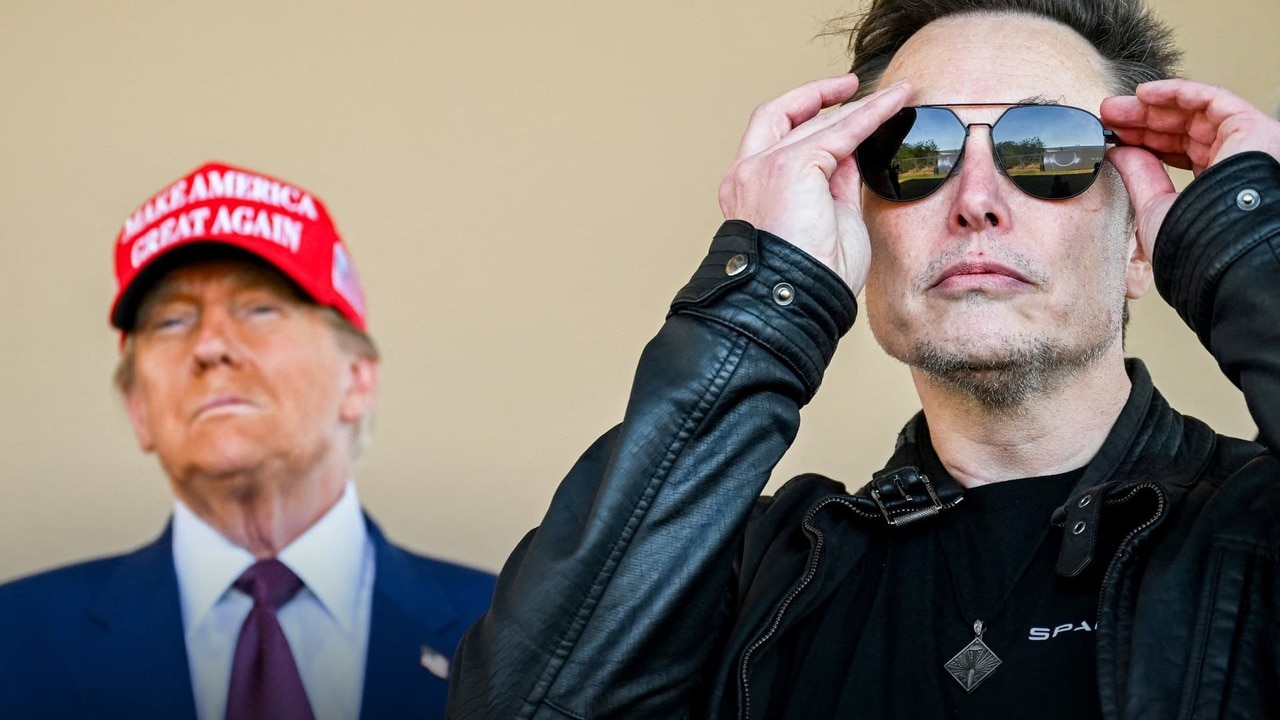
Zuckerberg said Meta’s attempts to weed out damaging or dangerous content that violates its policies had gone too far.
“We’ve reached a point where it’s just too many mistakes and too much censorship,” he said. “The recent elections also feel like a cultural tipping point towards once again prioritising speech.” Zuckerberg directly referenced Trump several times in the video, criticising the legacy media for their coverage of his first term in office. He also said that fact-checkers had become “too politically biased.” Zuckerberg said Meta, which had reduced recommendations of political content, will start phasing such posts back into users’ feeds across Facebook, Instagram and Threads after getting feedback that people want to see this content again.
The company also announced it would be relocating what it calls the “trust and safety teams” responsible for writing policy and reviewing content from California to Texas and other US locations. That move also echoes Musk, who has moved the headquarters of X and other companies he runs to Texas from California.
Zuckerberg has displayed mixed feelings about content moderation. Facebook and other social-media companies long avoided taking responsibility for the content users posted, preferring to portray themselves as platforms rather than publishers.
The industry built up some community guidelines in its early years, but the 2016 US election accelerated a shift toward more active content policing, with concerns about Russian efforts to interfere in the campaigning and broad worries that the platform was overrun with what many people saw as misinformation and manipulation.
Meta implemented its third-party fact-checking function after the election in what it has said was an effort to restrict misinformation and the spread of false news on its platforms.
Many of Meta’s own employees have urged more robust content moderation over the years, sometimes publicly jousting with leadership. An open letter from employees in October 2019 criticised a decision not to fact-check paid advertising by political candidates, saying the move “allows politicians to weaponise our platform by targeting people who believe that content posted by political figures is trustworthy”.
That same month, Zuckerberg gave a high-profile speech at Georgetown University positioning his company as a bastion of free speech and casting its efforts as a digital-age extension of the ideals behind the First Amendment and the US civil-rights movement.
Dow Jones



To join the conversation, please log in. Don't have an account? Register
Join the conversation, you are commenting as Logout